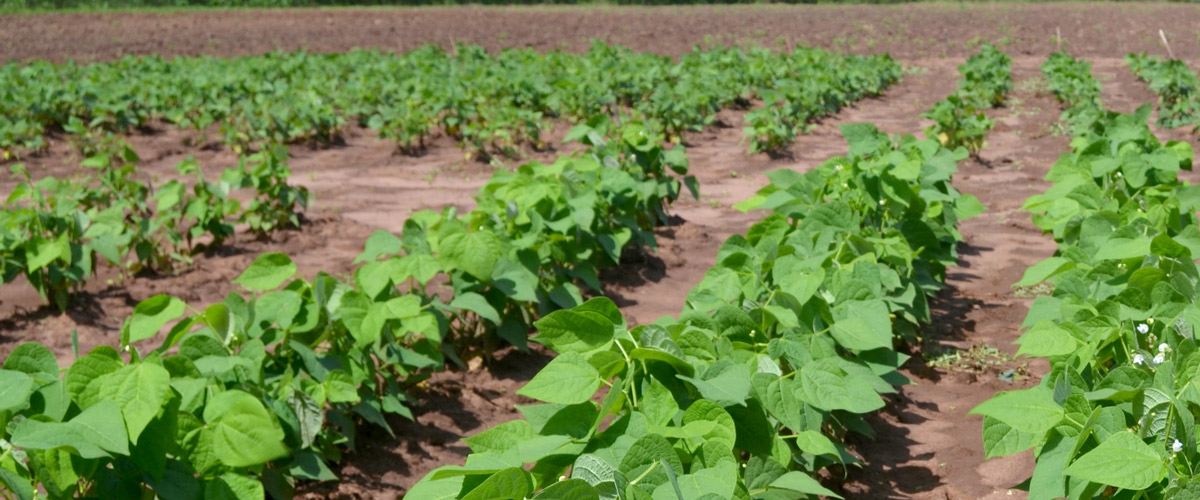
Research Methods Support (RMS)
Lead Organization:
Statistics for Sustainable Development
Partner Organizations:
CCRP grantees, grantees’ partners and their institutions, students who are part of regional projects, regional teams and CoP in each region, leadership team, and cross-cutting projects; informal partners CIFOR-ICRAF, the Agroecology Transformative Partnership Platform (TPP), CIRAD, Slow Food, the Agroecology Fund, RHoMIS team, Global Landscapes Forum, and 1CG Agroecology Initiative
Community of Practice:
Duration:
8/2022—8/2025
Overview:
Since 2009, RMS has helped CCRP research be effective, understanding, as it does, “research” in its broadest sense as learning through multiple epistemologies.
Effective AE research requires credibility, salience, and legitimacy (Cash et al., 2003). Early phases concentrated on “credibility,” providing tools and support for rigorous methods. “Salience” involved supporting development of conceptual frames and formulation of research and learning objectives. RMS has always offered methods for including farmers at all stages. In this context, “legitimacy” refers to how actors engage and interact and the extent to which these roles are seen as fair, reasonable, and supportive. This connects with McKnight’s values of diversity, equity, and inclusion.
The CCRP’s work has shown that multiple barriers exist to equitable, effective engagement in generating and using agroecological knowledge and evidence. Different groups of people encounter different sets of barriers depending on their experience, objectives, and circumstances.
The CCRP and its network have roles in lowering these barriers: in building networks and alliances, improving communications, supporting dialogue, developing skills, and acting as advocates and ambassadors. Further barriers arise from research, data, and information methods. Barriers to equitable, effective, and inclusive participation in local and regional work (S1) arise through limits to the understanding of, access to, and space to use relevant research concepts, methods, and tools. Barriers in more globally-focused work (S2) arise through limits to understanding, critical assessment, presentation, and interpretation of knowledge and evidence.
Farmers, community leaders, NGO and extension workers, researchers and students, policymakers, funders, advocates, and respective institutions need to engage in both. All have different needs and capacities. RMS’ work the past decade has shown generic research methods-related barriers to equitable, effective, and inclusive agroecological research and use of evidence, including:
S1
- Existence of and access to methods, tools, and information systems adapted to AE and research contexts and capacities
- Communicating methods concepts
- Attitudes to research
S1 and S2
- Communicating research results
- Lack of efficiency in research cycle (data-to-information loops)
- Learning modes and expectations
- Incentives for engagement
- Institutional settings and context
- Assessing strengths and limits of evidence and knowledge
- Translating methods and results to new contexts
Grant Aims:
The overall goal is equitable, effective, and inclusive agroecological research and use of evidence by CCRP actors and others to support agroecological system changes. The overall objective is to remove research methodological barriers to both agroecological knowledge co-creation and its use by CCRP actors and others.
Specifically, the project seeks to:
- Co-develop and make available contextualized, effective, and efficient agroecological-adapted research methods, tools, and information systems used by CCRP actors and others who recognize their value.
- Co-develop and use innovative and appropriate learning materials and approaches to change the knowledge, attitudes, and practice of CCRP actors and others so they understand and can communicate appropriate and relevant research methods concepts and results.
- Increase access to and use of relevant research methods and approaches for CCRP actors and the global AE research community.
- Co-develop research methods that enhance ownership and use of tools and approaches and their associated research results.
- Together with regional and leadership teams and other cross-cutting CCRP projects, integrate agroecological research methods in appropriate institutional settings and collaborations.
- Support the CCRP to make agroecological research results and evidence usable by others.
- Support CCRP actors to translate research methods and results to new contexts, enhancing the global applicability and reach of evidence.
Outputs and Outcomes:
Outcomes
- CCRP actors and others using co-developed agroecological adapted research methods, tools, and information systems to effectively and efficiently conduct agroecological research to generate knowledge and evidence
- CCRP actors and others developing knowledge and skills to understand and communicate appropriate and relevant research methods concepts and research results
- CCRP actors, partners, and global AER research community accessing relevant research methods and approaches to conduct effective agroecological research to generate and use knowledge
- Effective research methods integrated and used, together with other elements of agroecological research, in CCRP and institutional partner settings
- CCRP actors effectively communicating research methods and results; translating to new contexts
Outputs
- Structured “syllabi” providing relevant research methods concepts, designs, and analysis resources for self-learning within and beyond the CCRP
- Platforms for accessing and using RMS resources in structured ways adapted to different user groups
- Research methods resource collection enriched for agroecological research and use of evidence
- Guides, tools, and use-cases on data visualization and communication of evidence suitable for diverse actors
- Data platform systems that support CCRP agroecological research and monitoring of systems change
- Structured and innovative learning events, adapted to learning modes and objectives, to support update and use of relevant tools and methods